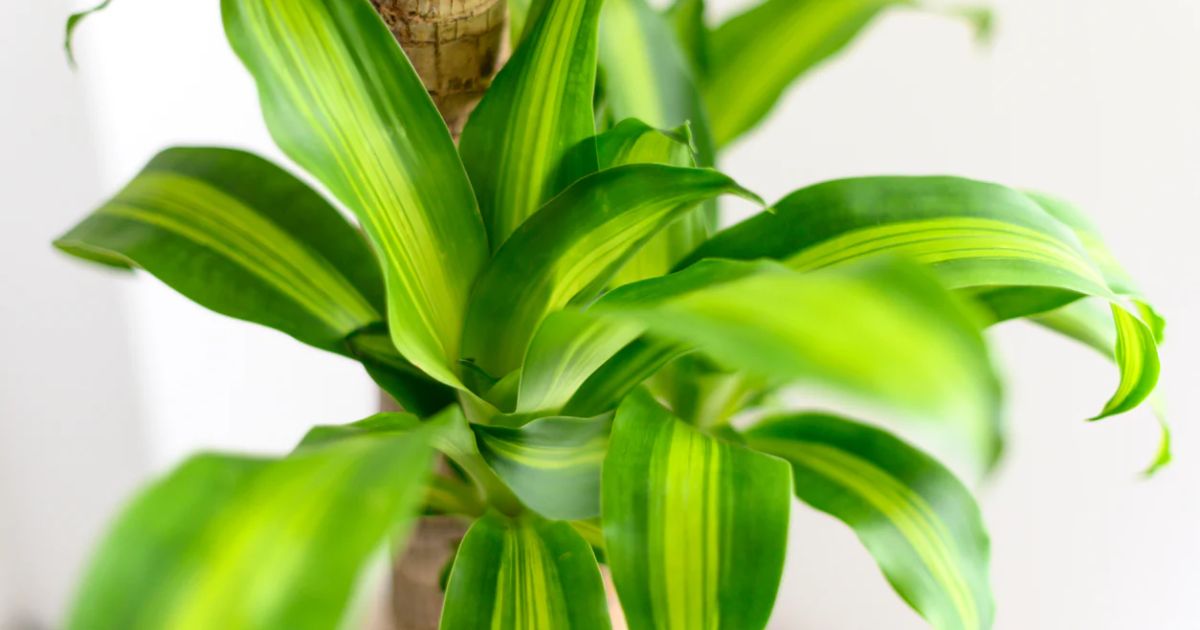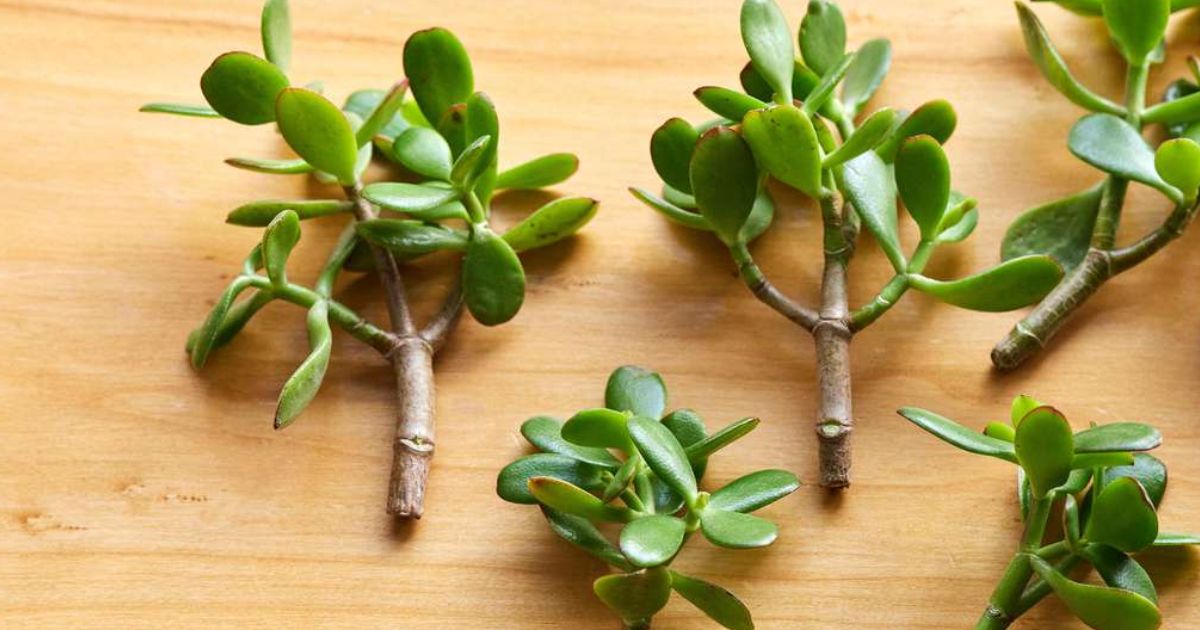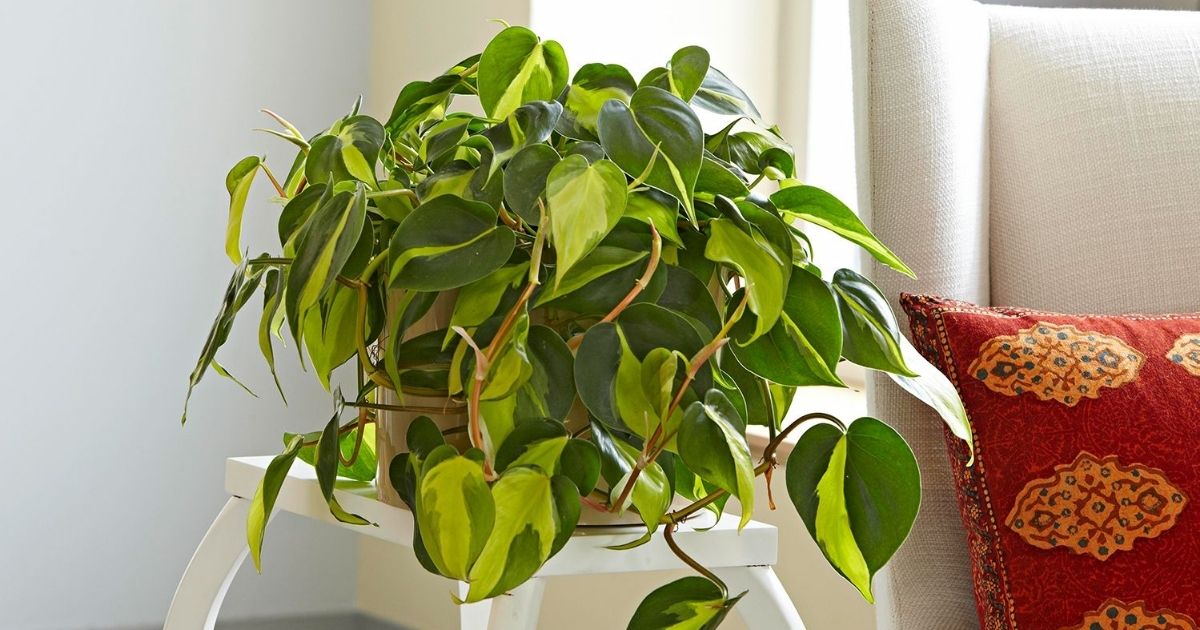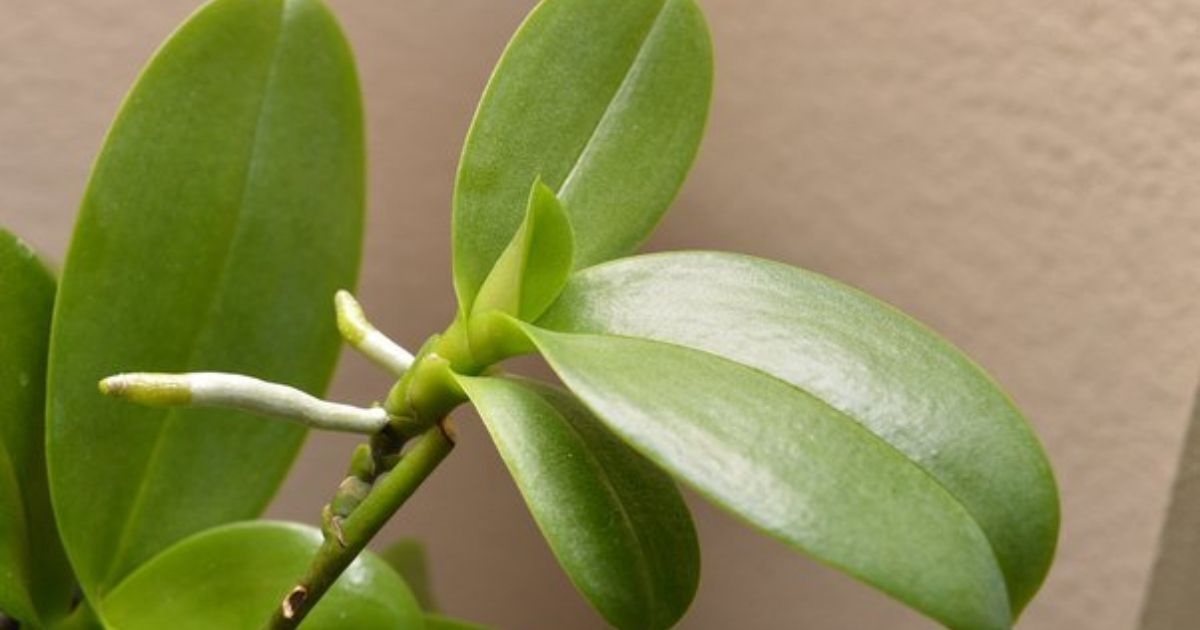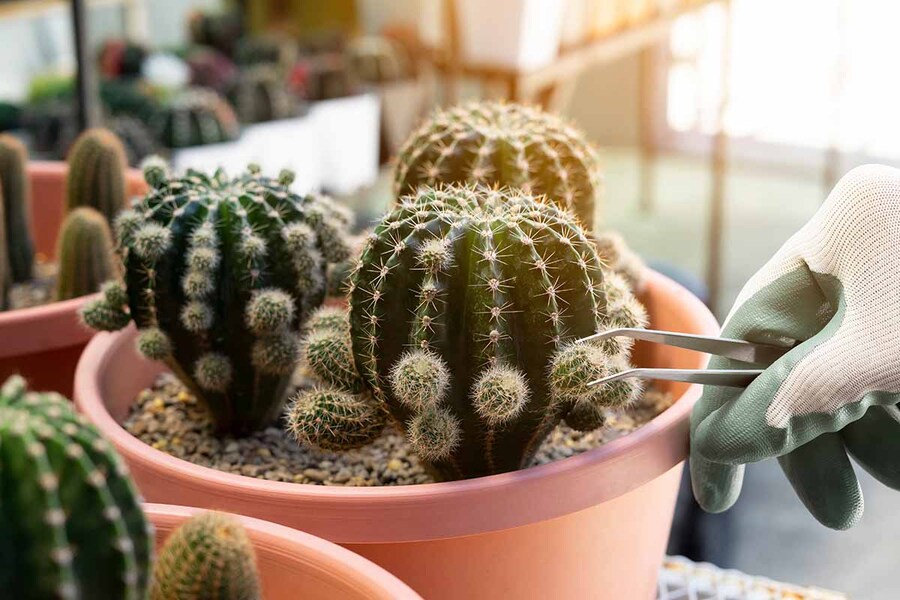HOW TO COMBAT APHIDS IN INDOOR HYDROPONICS
HOW TO COMBAT APHIDS IN INDOOR HYDROPONICS
Aphids can be a major problem for indoor hydroponic systems, causing damage to plants and reducing yields. These small insects feed on plant sap and reproduce rapidly, making them difficult to control. One important thing to note about aphids is their relationship with ants. Ants often farm aphids for the sweet, sugary substance called honeydew that aphids secrete. This means that if you have an aphid infestation, you may also see ants present.
Preventing aphids from infesting your hydroponic system is the best approach to controlling them. Here are some tips for preventing aphids:
Keep the growing area clean and free of debris: Aphids are attracted to dirty, cluttered environments, so keeping your grow room clean and tidy can help prevent an infestation.
Avoid overcrowding plants: Aphids are more likely to infest plants that are crowded or stressed, so giving your plants enough space to grow can help prevent an infestation.
Regularly inspect your plants: Checking your plants regularly for signs of aphids can help you catch an infestation early and take steps to control it before it gets worse.
If you do find aphids in your hydroponic system, there are several methods you can use to get rid of them. One effective method is to physically remove the aphids by hand or with a strong stream of water. You can also try using sticky traps to capture and remove the insects.
There are also a range of organic and chemical treatments available for controlling aphids. Organic options include using natural predators like ladybugs or lacewings, or applying neem oil or pyrethrin to the plants. Chemical treatments include insecticides like imidacloprid or acetamiprid.
It's important to carefully follow the instructions on any treatment you use, and to consider the potential impacts on other beneficial insects and the environment.
To fully understand and effectively control aphids in your indoor hydroponic system, it's important to understand their lifecycle. Aphids have a complex lifecycle that includes both sexual and asexual reproduction. They start as eggs, which hatch into nymphs. Nymphs grow into adult aphids, which can then reproduce asexually to produce more nymphs. This process can happen quickly, with some aphid species able to produce up to 20 generations in a single year.
If you're having trouble controlling aphids in your indoor hydroponic system, the team at Benchmark Hydroponics in Melbourne is here to help. Our experts can identify the specific species of aphid present and recommend the most appropriate solutions for your situation. Contact us today to find out more.
